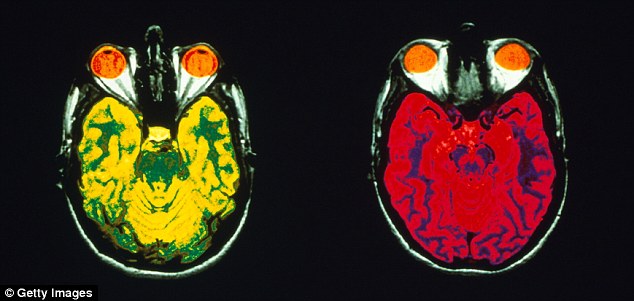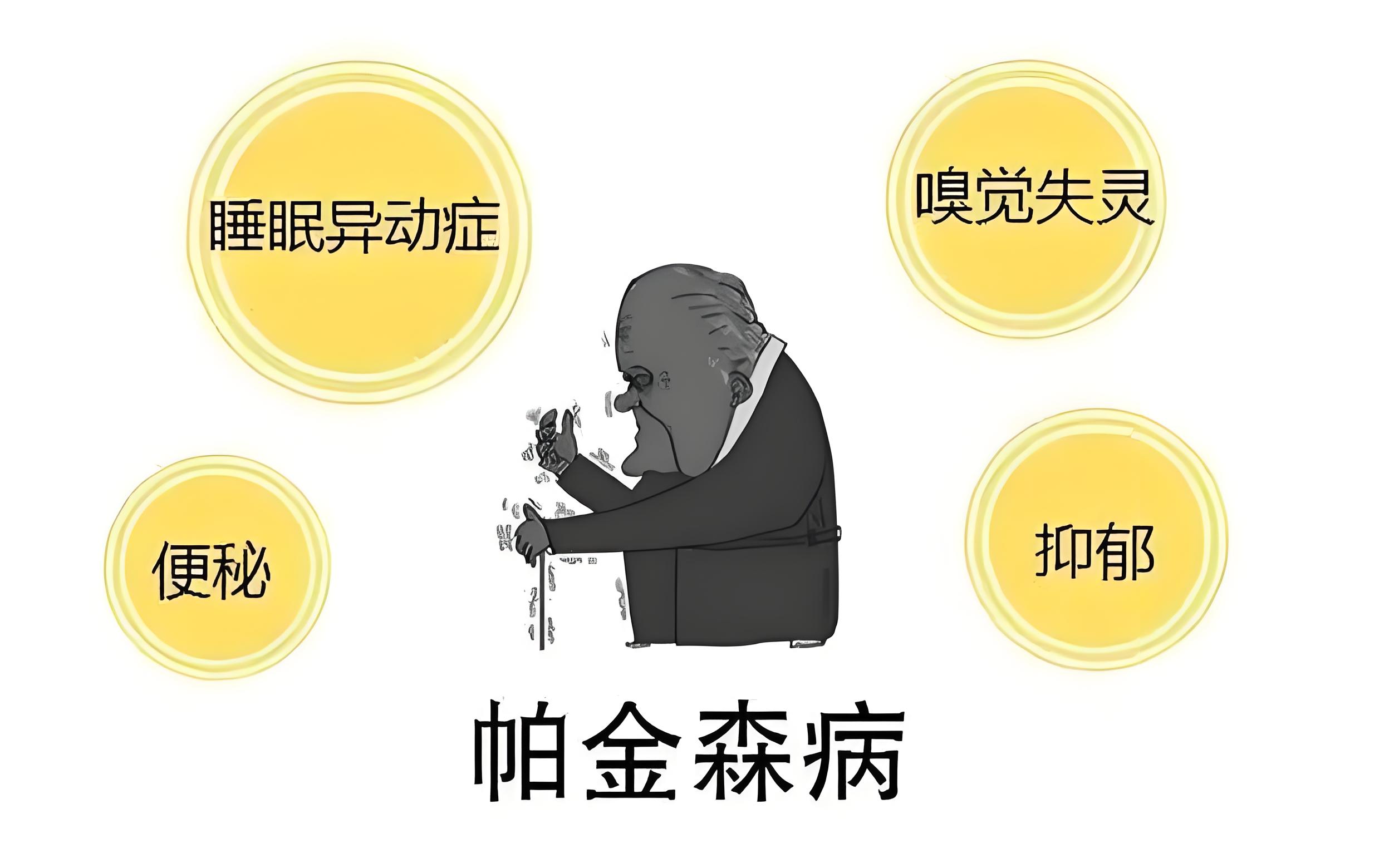你的血型可能会对你的大脑有重大影响你的年龄,研究人员发现。他们发现那些O型血脑中有更多的灰质比A,B或AB型血。这有助于防止疾病如阿尔茨海默氏症。

谢菲尔德大学的研究人员进行的研究是揭示血型的神经系统的发展中发挥作用的第一,会导致更高的发展认知能力下降的风险。这项研究是与威尼斯IRCCS San Camillo医院基金会合作进行的。 研究员Matteo Marco和安娜莉娜Venneri教授,从大学的神经科学系,在分析189磁共振成像(MRI)结果发现了健康志愿者扫描。
他们计算的灰色物质的量在大脑和探索不同的血型之间的差异。结果,发表在脑研究通报,表明个人与O型血在小脑后比例有更多的灰质。
相比之下,那些“A”,“B”或“AB血型在大脑的颞和边缘区域的灰质体积较小,包括左侧海马区,这是一个最早的大脑阿尔茨海默病损坏的部分。这些结果表明,灰质体积与非O型血相关。
随着我们年龄的增长减少灰质体积通常是在大脑中出现,但在以后的生活中这灰色物的不同血型之间会由于时效强化。这个结果似乎表明,他们有一个“O”型血的人更多的保护,减少体积是一样的大脑与阿尔茨海默氏病例如时间和mediotemporal地区看过病,Matteo DeMarco说。然而额外的测试和进一步的研究需要其他生物机制可能参与。”教授说:“安娜莉娜Venneri今天我们所知道的是,存在一个量的显著差异,我们的研究结果证实了临床观察。 在所有的可能性,血型的生物学影响神经系统的发育。“我们现在要了解如何以及为什么会发生这种情况。”
原文
Does your blood type reveal how your brain will age? Researchers find those with Type O better able to protect against Alzheimer's
Your blood type could have a major impact on your brain as you age, researchers have found.
They found those with an 'O' blood type have more grey matter in their brain than those with 'A', 'B' or 'AB' blood types.
This helps protect against diseases such as Alzheimer's.
The study conducted by researchers at the University of Sheffield is the first to reveal blood types play a role in the development of the nervous system and may cause a higher risk of developing cognitive decline.
The research was carried out in collaboration with the IRCCS San Camillo Hospital Foundation in Venice.
Research fellow Matteo De Marco and Professor Annalena Venneri, from the University's Department of Neuroscience, made the discovery after analysing the results of 189 Magnetic Resonance Imaging (MRI) scans from healthy volunteers.
They calculated the volumes of grey matter within the brain and explored the differences between different blood types.
The results, published in The Brain Research Bulletin, show that individuals with an 'O' blood type have more grey matter in the posterior proportion of the cerebellum.
In comparison, those with 'A', 'B' or 'AB' blood types had smaller grey matter volumes in temporal and limbic regions of the brain, including the left hippocampus, which is one of the earliest part of the brain damaged by Alzheimer's disease.
These findings indicate that smaller volumes of grey matter are associated with non-'O' blood types.
As we age a reduction of grey matter volumes is normally seen in the brain, but later in life this grey matter difference between blood types will intensify as a consequence of ageing.
'The findings seem to indicate that people who have an 'O' blood type are more protected against the diseases in which volumetric reduction is seen in temporal and mediotemporal regions of the brain like with Alzheimer's disease for instance,' said Matteo DeMarco.
'However additional tests and further research are required as other biological mechanisms might be involved.'
Professor Annalena Venneri said: 'What we know today is that a significant difference in volumes exists, and our findings confirm established clinical observations.
'In all likelihood the biology of blood types influences the development of the nervous system.
'We now have to understand how and why this occurs.'



